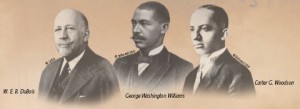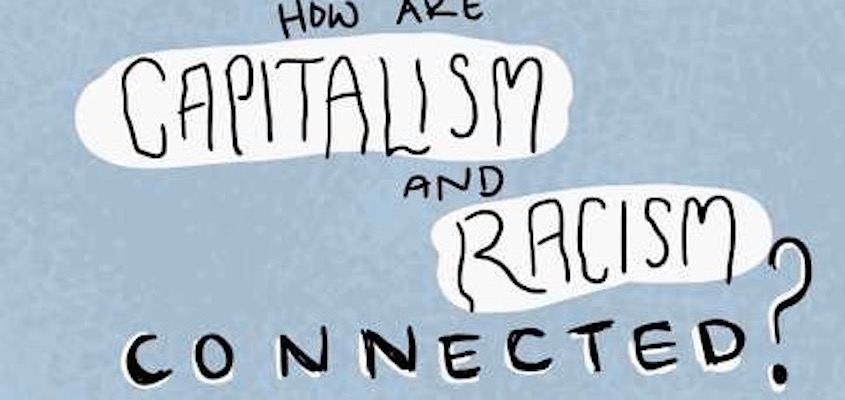(ThyBlackMan.com) Professor William Manning Marable’s contributions to African American history remind all of us of how important it is to get the best possible education and then to use our education to advance the cause of freedom, justice, equality, and empowerment for all. This was the life and the struggle of Dr. Manning Marable. He was not only a great analytical historian of the plight of African people all over the world, and in particular here in the United States, but also my longtime friend and comrade, who was a diligent, consistent, thought-provoking visionary and champion of the liberation of the oppressed.
We all mourn his untimely passing and pray for the spiritual sustainability of his devoted family through this period of bereavement. I am dedicating my column this week to the life and living legacy of Dr. Manning Marable in the  hope that among the millions of young African Americans there will be many who will be inspired to take up Marable’s scholarly pen to preserve his legacy and to continue to advance the progressive cause of freedom.
hope that among the millions of young African Americans there will be many who will be inspired to take up Marable’s scholarly pen to preserve his legacy and to continue to advance the progressive cause of freedom.
To be a historian is a noble and important profession. But, to be a historian in the vein of Dr. Carter G. Woodson, Dr. C. Eric Lincoln, and Dr. John Hope Franklin is a distinct honor. Professor Manning Marable was a genius historian like Woodson, Lincoln, and Franklin who dared to do unprecedented research, publish numerous books, and to expose and challenge the complications and insidious facts about the nature and history of human oppression.
In 1983, Dr. Marable wrote the landmark book, How Capitalism Underdeveloped Black America. From 1991 to 2003, Marable authored nine more books: Race, Reform and Rebellion; On Malcolm X: His Message & Meaning; Beyond Black and White; Speaking Truth to Power: Essays on Race, Resistance, and Radicalism; Black Liberation in Conservative America; Black Leadership; Let Nobody Turn Us Around; Freedom: A Photographic History of the African American Struggle; and The Great Wells of Democracy: The Meaning of Race in American Life.
It is interesting that today too many of us still get too nervous whenever we hear the “race” word used. It is as if some of us are ashamed to admit that our struggle against racism and class discrimination still exists. Dr. Marable was fearless in his social critique of not only the issue of White supremacy in all of its institutionalized forms, but also he was critical on the issues of the growing class stratifications within the African-American community that either hindered or propelled contemporary grassroots struggles for liberation.
I have personally known Dr. Manning Marable for more than 30 years. He had a passion for the truth unabridged. Manning Marable was a freedom fighter who used his skill as a historian to present the truth to people who cried out for a better quality of life. In the Bible it says that “The truth will set you free.” Marable was about the task of setting people free to the extent to which people are given more of the truth about their social, political, and economic circumstances.
History informs us how we got to where we are today.
Manning worked on the emerging National Black Independent Political Party (NBIPP) in the early 1980’s and wrote weekly columns, “Above the Color Line,” for the National Black Newspaper Publishers Association (NNPA). He helped me to better understand and to apply the universal principles of progressive thought of W.E. B. Dubois while I was Executive Director and CEO of the NAACP in 1993-1994.
NAACP President and CEO Benjamin Jealous said, “Dr. Marable’s contributions to the struggle for freedom of African Americans will never be forgotten.”
Dr. Manning Marable’s greatest book, Malcolm X: A Life of Reinvention, was released this week just three days after he died. Marble worked on this book for 20 years or more. No doubt his latest 600-page book will have a dramatic impact on the public consciousness about the leadership and enduring legacy of Malcolm X.
Manning Marable was 60 years old, but leaves a lifetime of historical scholarship and national leadership that is so inspiring. Professor Marable’s wife, Leith Mullings, said it best: “I think his legacy is that he was both a scholar and an activist. He believed that history could be used to inform the present and the future.”
The pen is mightier than the sword. Dr. Manning Marable surely proved that to be true for generations to come.
Written By Dr. Benjamin F. Chavis Jr.
Official website; http://www.baeo.org/




















Leave a Reply